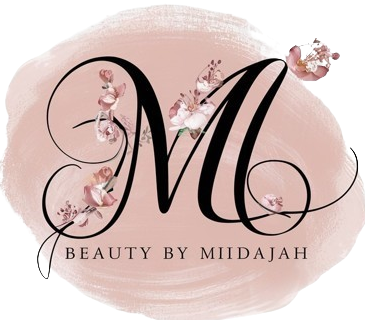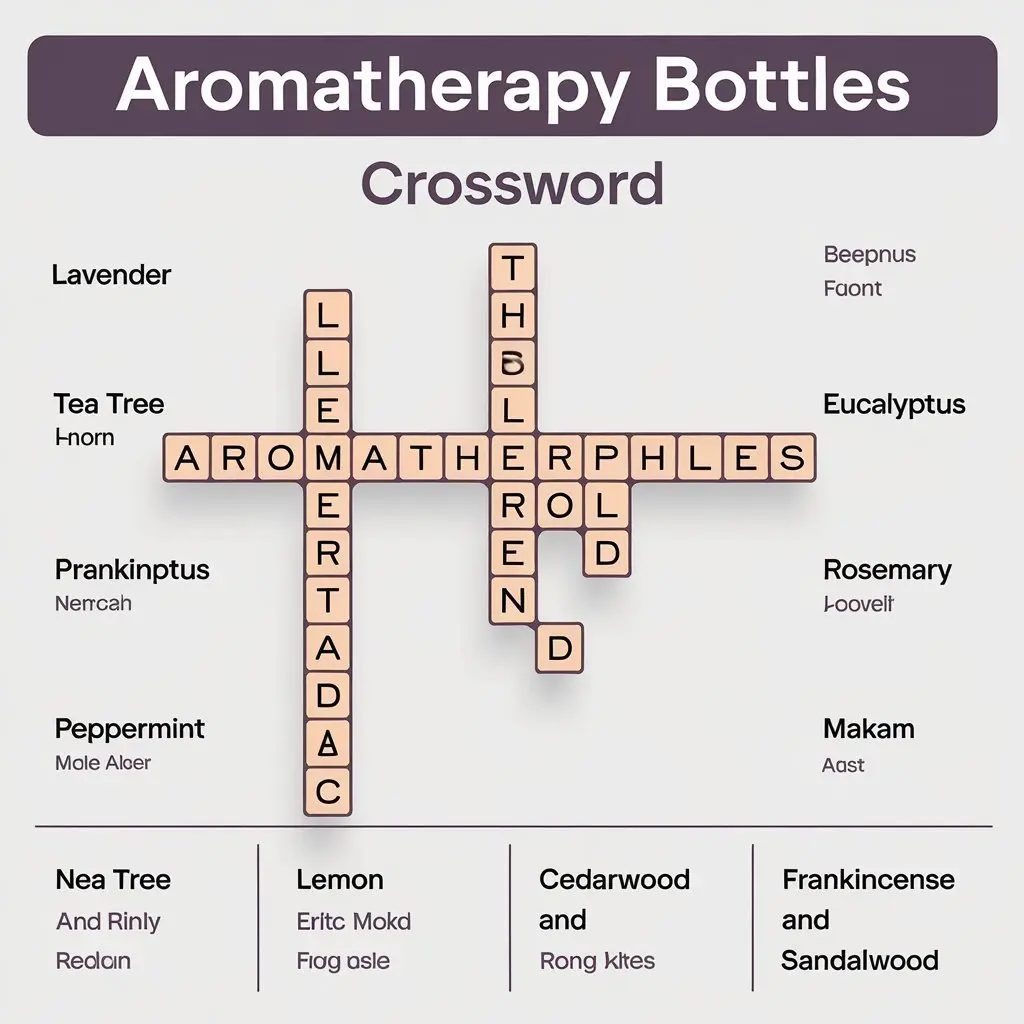Crossword puzzles are an exciting way to challenge the mind. For lovers of aromatherapy, there’s nothing better than combining this passion with puzzle-solving. An “Aromatherapy Bottles Crossword” offers a perfect mix of fun and learning. In this article, we’ll walk you through the process of completing this crossword, along with tips and strategies to make solving easier and more enjoyable.
Understanding Aromatherapy and Crossword Puzzles
Before diving into the strategies, let’s quickly cover the basics of aromatherapy and crossword puzzles.
What is Aromatherapy?
Aromatherapy is the practice of using essential oils and aromatic plant extracts to improve health and well-being. Essential oils are often stored in specialized bottles to preserve their properties. These oils are extracted from flowers, herbs, and trees, offering numerous benefits, from relaxation to healing.
Why a Crossword About Aromatherapy Bottles?
Crosswords about aromatherapy bottles focus on the unique terms and items related to essential oils. This can include the names of oils, the type of bottles used, and terms related to the practice of aromatherapy. For those interested in this field, it’s a fun way to expand vocabulary and knowledge.
Step-by-Step Guide to Solving the Aromatherapy Bottles Crossword
Now, let’s break down the process of completing the crossword puzzle efficiently.
Step 1: Start with the Easiest Clues
When tackling any crossword puzzle, always begin with the simplest clues. This builds momentum and boosts confidence. Look for:
- Short answers: Clues with only two or three letters.
- Common words: Words you frequently encounter in aromatherapy, like “oil” or “vial.”
Completing these easier sections gives you letters that will help with more challenging clues later.
Step 2: Focus on Familiar Aromatherapy Terms
The next step is to solve clues related to aromatherapy. For an aromatherapy bottles crossword, you’ll often find words related to oils, bottle types, and common practices. Here are some terms you may encounter:
- Essential oils: Common oils like lavender, eucalyptus, and peppermint are often part of the puzzle.
- Bottle types: Terms like vial, amber, and dropper may appear. These are common containers used in aromatherapy to store essential oils.
- Aromatherapy tools: Words such as diffuser, spray, or rollerball are also frequently associated with aromatherapy bottles.
If you’re familiar with the practice, these words should be easy to spot.
Step 3: Use Crossword Strategies
Crossword-solving strategies are essential for difficult sections of the puzzle. Here are a few tips:
- Look for patterns: If you’re stuck on a clue, use the letters you’ve already placed to figure out possible word patterns. For example, if you have the letters “L-V-N” for a five-letter word, lavender might be the answer.
- Check word length: If a clue is unclear, the number of spaces can help determine the answer. For example, a four-letter word related to bottles might be vial.
- Think of synonyms: Sometimes, crossword clues hint at words that aren’t direct definitions. For example, a clue for “container for essential oils” could be bottle, jar, or vial.
Step 4: Cross-Check with Other Clues
After filling in some answers, review the clues that intersect with your solved words. A completed word gives you crucial letters to use in crossing words, helping to unlock more difficult answers.
For example, if you solve the clue “lavender” and the letter “L” crosses with another word, you now have a starting letter for that new clue. This cross-checking can open up more of the puzzle and speed up your progress.
Step 5: Break Down Difficult Clues
Some clues can be trickier than others, especially when they involve specialized terminology. Here’s how to approach them:
- Re-read the clue: Sometimes, clues are straightforward, but your initial interpretation may have been off. Reread it with a fresh perspective.
- Consider context: If the clue is related to aromatherapy bottles, think about what bottles are made from (e.g., glass, plastic), how they’re used, or their accessories (e.g., caps, droppers).
- Use online resources: If you’re stumped, don’t hesitate to research. Look up terms or bottles commonly used in aromatherapy. You may discover a word you haven’t encountered before.
Step 6: Focus on Bottles and Accessories
The theme of the crossword centers on aromatherapy bottles, so you’ll encounter a variety of terms linked to these containers. Here are a few key terms to expect:
- Dropper: A small tool attached to a bottle’s cap used to dispense oils.
- Amber glass: A dark-colored glass used to protect essential oils from sunlight.
- Rollerball: A bottle with a roller top for easy application of essential oils on the skin.
- Cork: Some bottles use cork stoppers, especially older, more traditional aromatherapy containers.
By familiarizing yourself with these terms, you can tackle the crossword clues that focus on bottle-related vocabulary.
Common Words in an Aromatherapy Bottles Crossword
To further help with solving the crossword, here are some words you might encounter:
- Amber: A common type of bottle used for essential oil storage. Amber glass blocks UV light.
- Vial: A small bottle typically used for essential oil samples or blends.
- Mist: Aromatherapy bottles often contain oils used for creating a mist or spray.
- Roller: Short for rollerball, a tool that allows for smooth application of oils.
- Cap: A closure for a bottle, often sealing in the oil’s potency.
- Spray: Essential oils are sometimes dispensed through spray bottles.
Knowing these words gives you a leg up when filling in crossword clues.
The Benefits of Completing Aromatherapy-Themed Crosswords
While solving crosswords is fun, there are additional benefits to completing aromatherapy-themed puzzles. Let’s explore why these crosswords can enhance both your knowledge and puzzle-solving skills.
1. Expands Aromatherapy Vocabulary
As you solve the crossword, you’ll encounter new terms related to aromatherapy. For example, you may come across bottle types or oils you haven’t used before. Expanding your vocabulary in this way is helpful for those practicing aromatherapy, as it deepens your understanding of essential oils and their uses.
2. Strengthens Problem-Solving Skills
Crosswords challenge the brain to think critically and creatively. When faced with a difficult clue, you must find patterns, consider synonyms, and use the context to arrive at the answer. This strengthens your problem-solving skills and sharpens your mind.
3. Improves Memory and Recall
As you continue solving aromatherapy crosswords, you’ll improve your memory of terms and concepts related to essential oils and their bottles. The more puzzles you solve, the faster you’ll recall this information, both in the crossword and in real-life situations.
4. Provides a Relaxing, Enjoyable Activity
Engaging in a crossword puzzle about aromatherapy provides a relaxing mental break. You can enjoy the meditative process of solving the clues while also reinforcing your knowledge of a subject you’re passionate about. It’s a soothing activity that stimulates the brain while promoting relaxation.
Overcoming Common Challenges
Even the most experienced crossword solvers can face challenges. Let’s discuss common difficulties you might encounter when solving an aromatherapy bottles crossword and how to overcome them.
1. Getting Stuck on One Clue
It’s easy to get fixated on one clue, especially if it seems essential to completing the puzzle. However, spending too much time on a single clue can slow you down. Instead, move on to other clues and return later with fresh insight. Sometimes, solving other parts of the crossword reveals new information that helps with previously difficult clues.
2. Misinterpreting Clues
Some crossword clues are designed to be tricky or vague. If you misinterpret a clue, you might be looking for a word that doesn’t fit. To avoid this, break the clue down and consider alternative interpretations. For example, if the clue is “container for oils,” you might think of words like bottle or vial. But if you think creatively, terms like roller or spray might also fit.
3. Running Out of Ideas
If you’re stumped, don’t hesitate to take a short break. Stepping away from the puzzle for a few minutes can give you a fresh perspective when you return. Additionally, you can use reference materials to help. Look up essential oil bottles or consult an aromatherapy guide for more clues.
Conclusion
Completing an aromatherapy bottles crossword is a rewarding activity that combines your love for essential oils with mental exercise. By following the steps in this guide, you’ll improve your puzzle-solving skills, expand your aromatherapy vocabulary, and enjoy the process.
Start with the easy clues, use familiar aromatherapy terms, and rely on cross-checking and pattern recognition to solve more difficult sections. Remember, crosswords are as much about patience as they are about knowledge.

